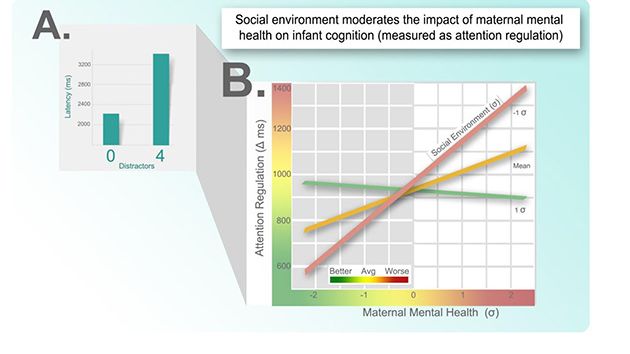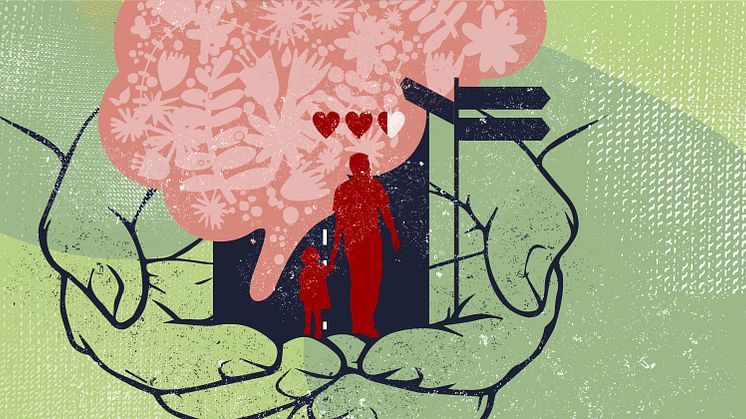Small measures can be a big help for children of mothers with depression
Several new studies among Syrian refugee families in Turkey and families with infants in Sweden and Bhutan show that children of mothers in poor mental health risk falling behind in their cognitive development. However, very small changes can suffice to break this correlation and enable the children to return to their normal developmental level. The solutions where the same in all three countries



